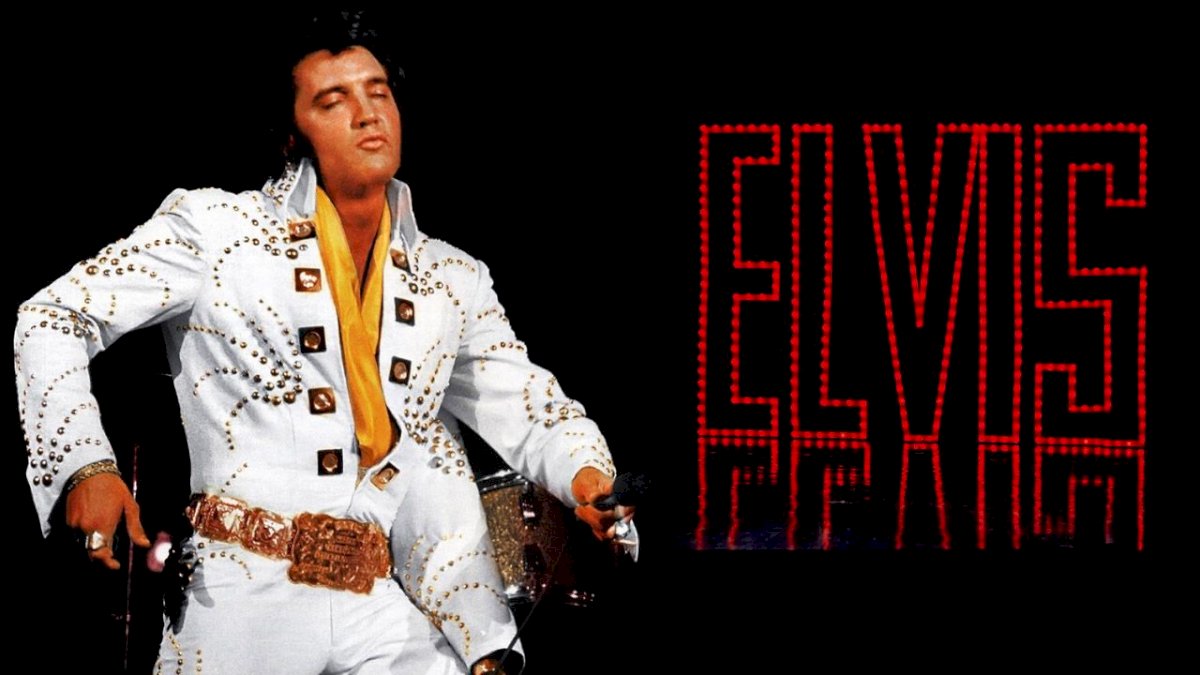Television has always been a medium that reflects and sometimes shapes the societal norms of its time. In the 1980s, amidst a landscape of laugh tracks and cookie-cutter family sitcoms, "Who's the Boss?" emerged as a breath of fresh air. Airing from 1984 to 1992, this TV series not only entertained audiences but also challenged traditional gender roles and explored the dynamics of a blended family. In this article, we will delve deep into the world of "Who's the Boss?" to understand its cultural significance, its memorable characters, and the lasting impact it has had on the landscape of television.
The Premise and Main Characters

"Who's the Boss?" revolves around the lives of two families coming together in an unconventional living arrangement. The show's premise centers on Tony Micelli, a former professional baseball player, portrayed by Tony Danza, and Angela Bower, a successful advertising executive, played by Judith Light.
After retiring from his baseball career, Tony takes a job as a live-in housekeeper for Angela and her son, Jonathan, portrayed by Danny Pintauro. The Bower household also includes Angela's mother, Mona Robinson, a vibrant and sassy character portrayed by Katherine Helmond.

The show's central conflict arises from the clash of traditional gender roles, as Tony, a single father, takes on the domestic responsibilities traditionally associated with women, while Angela, a successful career woman, navigates the challenges of balancing work and family life.
Humor and Heart

"Who's the Boss?" struck a delicate balance between humor and heart, capturing the essence of family life with wit and charm. The sitcom's witty writing and comedic situations kept viewers entertained while also exploring relatable family themes.
Tony Danza's charisma and comedic timing were central to the show's success. His portrayal of Tony Micelli, a tough yet sensitive father figure, resonated with audiences, making him a beloved TV character of the 1980s. Judith Light's portrayal of Angela Bower, a strong, independent woman navigating her professional and personal life, also won acclaim from fans and critics alike.
The comedic chemistry between the characters, particularly Tony and Mona, added a layer of warmth and humor to the show. Katherine Helmond's portrayal of Mona Robinson as the vivacious and unapologetically outspoken grandmother became one of the show's highlights, earning her multiple Emmy nominations.
Exploring Gender Roles

One of the groundbreaking aspects of "Who's the Boss?" was its exploration of traditional gender roles in the context of the 1980s. The show challenged societal expectations by presenting a male character, Tony Micelli, taking on domestic responsibilities, such as cooking, cleaning, and caring for the children.
Through Tony's character, the show questioned traditional notions of masculinity and fatherhood, promoting the idea that men can be nurturing caregivers and play a significant role in raising children. This portrayal of non-traditional gender roles was a refreshing and progressive approach for its time.

On the other hand, Angela Bower's character exemplified a successful and independent career woman, challenging the notion that women must prioritize family life over professional aspirations. The show presented Angela as a competent and capable businesswoman, proving that women could thrive in the corporate world without compromising their personal lives.
Cultural Impact and Reception

"Who's the Boss?" premiered on September 20, 1984, and quickly became a ratings success. Audiences were drawn to the show's humor, relatable characters, and heartfelt storytelling. Throughout its eight-season run, "Who's the Boss?" consistently ranked among the top-rated sitcoms of the 1980s, solidifying its status as a beloved staple of American television.
The show's cultural impact extended beyond the small screen. Tony Danza and Judith Light became household names and garnered widespread recognition for their performances. The show's theme song, "Brand New Life," performed by Larry Carlton and written by Blake Hunter and Robert Kraft, became an iconic tune associated with the series.

"Who's the Boss?" also left a lasting impression on discussions surrounding gender roles and the evolving nature of family dynamics in the 1980s. By challenging traditional gender norms and presenting diverse family structures, the show contributed to societal conversations about gender equality and the changing roles of men and women in modern families.
Enduring Legacy and Relevance

Decades after its original run, "Who's the Boss?" continues to hold a special place in the hearts of fans and remains relevant in popular culture. Its themes of family, humor, and unconventional family arrangements still resonate with audiences.
The show's legacy is evident in the enduring careers of its cast members. Tony Danza and Judith Light, in particular, continued to enjoy successful acting careers well beyond the show's conclusion. Their portrayals of Tony and Angela remain iconic, and both actors have spoken fondly of their time on the show and the impact it had on their lives and careers.
Conclusion

"Who's the Boss?" remains a timeless classic that captured the hearts of audiences in the 1980s and continues to charm new generations through reruns and streaming platforms. With its endearing characters, witty humor, and progressive approach to family dynamics and gender roles, the show left a lasting impression on American television.
The legacy of "Who's the Boss?" is a testament to the enduring power of engaging storytelling and relatable characters. Its influence on the representation of non-traditional gender roles and diverse family structures made it a trailblazing series that defied stereotypes and reflected the changing times.
Decades after its initial broadcast, "Who's the Boss?" stands as a beloved and influential sitcom that redefined family entertainment and remains a cherished part of television history.


